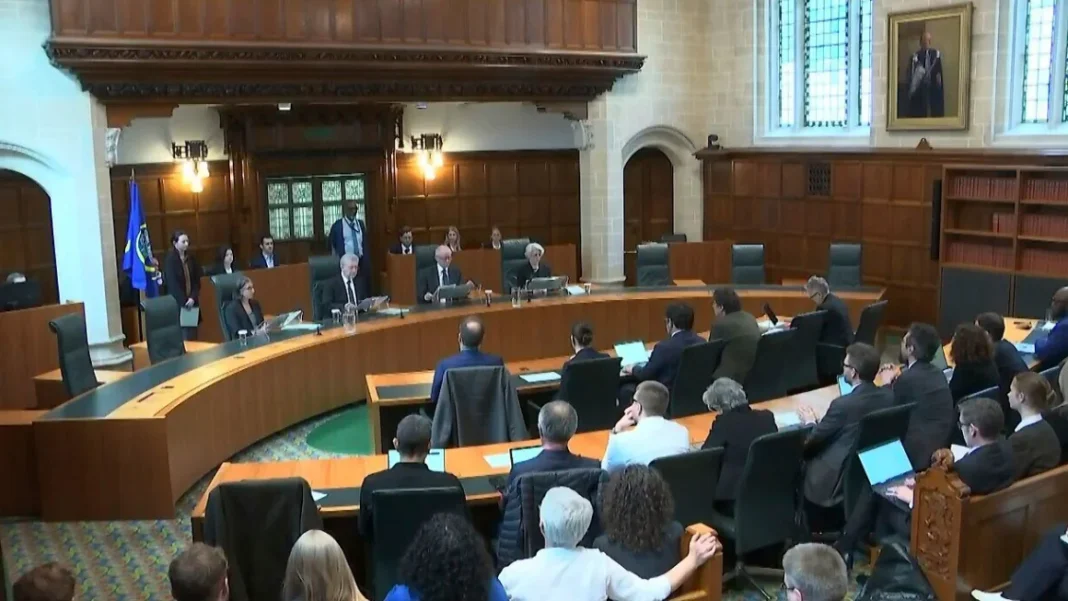This UK Supreme Court ruling is a major moment in the ongoing — and increasingly heated — debate over gender identity and legal protections in the UK. It draws a firm legal distinction between biological sex and gender identity, with significant implications for how laws are interpreted and applied going forward.
Here’s a breakdown of what the ruling means and why it matters:
The Supreme Court ruled unanimously that the term “woman” under the Equality Act 2010 refers to biological sex, not legal or self-identified gender.
This means trans women, even with a Gender Recognition Certificate (GRC), are not considered “women” under this specific interpretation of the law when it comes to sex-based protections.
The case was brought by For Women Scotland (FWS), challenging the Scottish Government’s approach to gender representation laws on public boards.
FWS argued that including trans women in quotas designed to increase female representation undermines the original intent of the law — which was to uplift people disadvantaged due to biological sex.
- Lord Hodge:
“The provisions relating to sex discrimination can only be interpreted as referring to biological sex.” He added that giving trans women with GRCs equal standing as biological women would actually grant them “greater rights” — citing legal provisions like maternity leave, which don’t apply biologically.
The court clarified that trans people are still protected under the “gender reassignment” clause of the Equality Act — but not as “biological women” in cases where sex is the legal basis of protection.
So while a trans woman can still claim discrimination, it must be under gender reassignment, not sex discrimination.
The decision has broad implications for:
- Single-sex spaces (e.g., changing rooms, shelters, prisons)
Public and private sector hiring quotas
Future policy reforms related to gender identity It also sets a UK-wide legal precedent, not just a Scottish one, because it comes from Britain’s highest court.
- Supporters of the ruling (like FWS) argue it’s a win for women’s rights, ensuring that female-only spaces remain protected by sex-based definitions.
- Critics see it as a step backward for trans inclusion, fearing that it could limit trans women’s access to spaces and opportunities previously open to them under broader interpretations of the law.
- The UK has become a flashpoint for global discussions on trans rights vs. sex-based rights, with sharp divides in political, feminist, and LGBTQ+ circles.
- This ruling adds legal weight to the argument that biological sex and gender identity should be treated separately in law — something that’s also playing out in policy debates across the US, Europe, and Australia.


